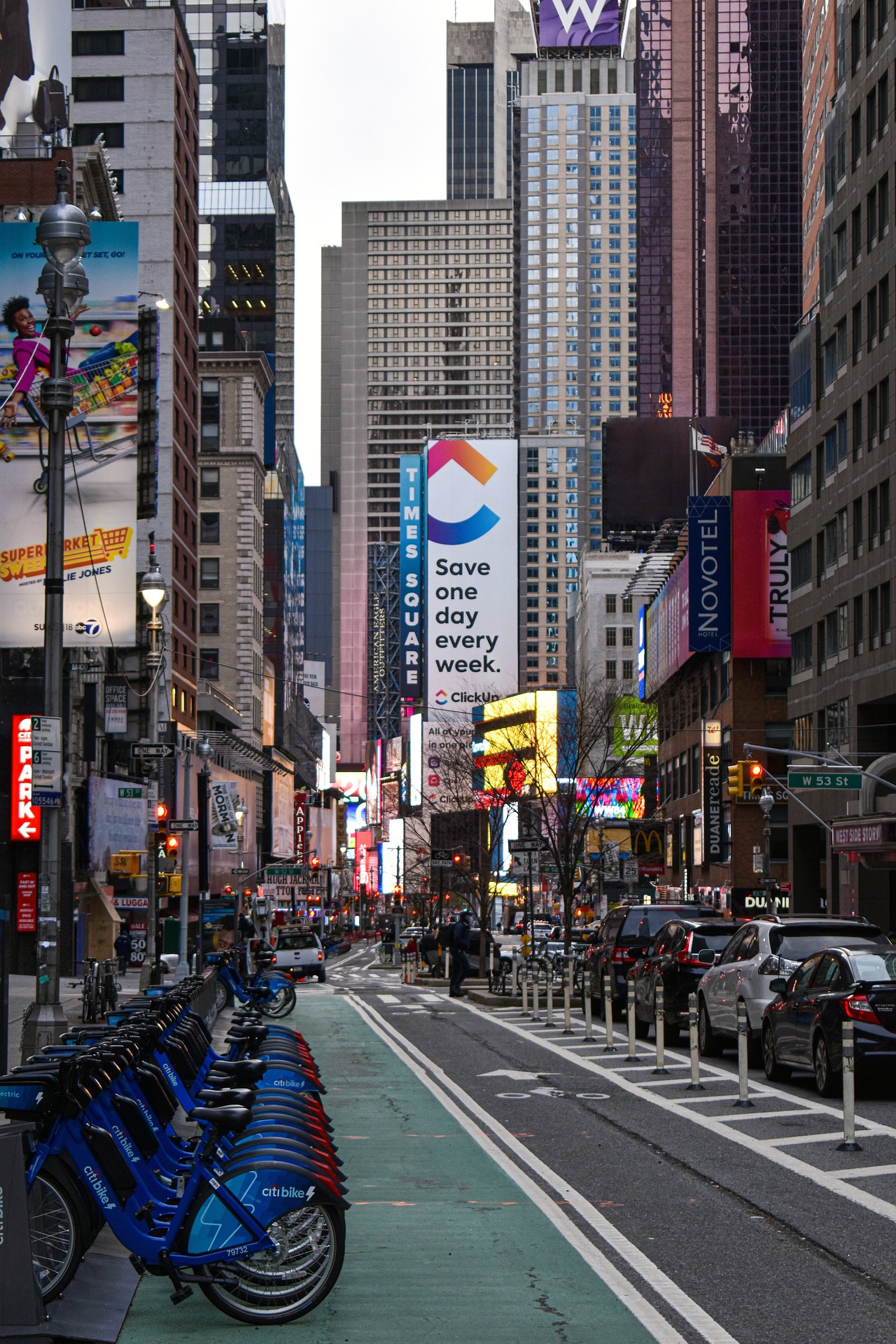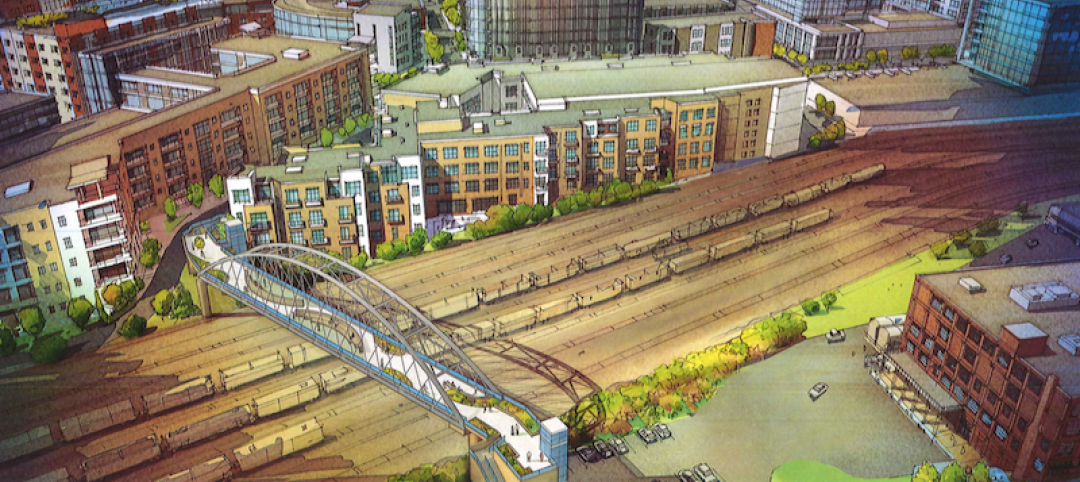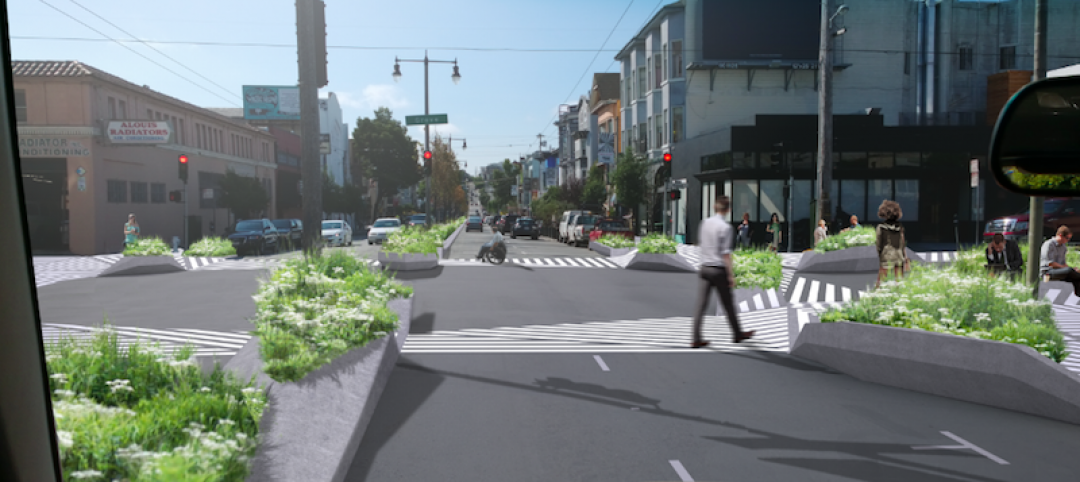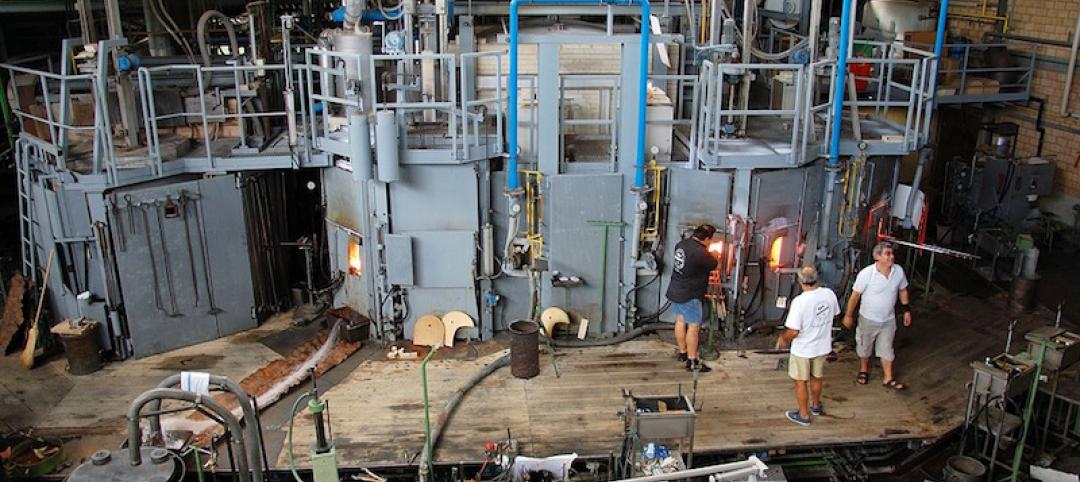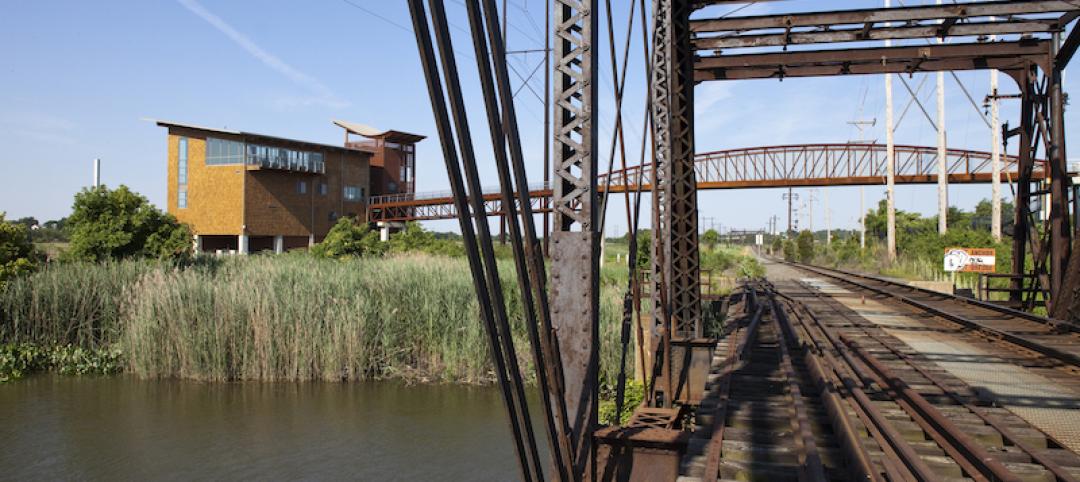In 2023, New York City recorded its safest year for pedestrians since record-keeping began in 1910. In a city of 8.5 million people, 101 deaths were due to vehicles striking pedestrians, less than one-third the number of the early 1990s.
New York City ramped up its efforts to make walking and biking safer in 2014 when the city reduced its speed limit to 25 miles per hour. It also launched a speed camera enforcement program and started campaigns to educate drivers and pedestrians.
In recent years, the city has redesigned dangerous intersections—1,500 such projects last year alone—using various strategies. These include:
- Implemented leading pedestrian intervals (LPIs) that lengthen red light intervals for a few seconds so pedestrians can get a head start
- Constructed raised crosswalks that slow cars and improve visibility
- Created more daylighting that removes parked cars near crosswalks to improve visibility
- Installed turn bumps, strips of high-visibility black-and-yellow plastic that prompt drivers to wait to turn instead of jutting out in front of pedestrians crossing the street
Smaller-scale safety fixes such as these don’t require outreach to local community boards or comprehensive studies. Other measures such as adding bike lanes or bus-only lanes that remove parking spaces are more contentious.
The city has more to do to make streets safer, though. Total traffic fatalities remain high, with drivers dying in crashes at greater rates than in past years. Experts attribute higher traffic fatalities to a spike in dangerous speeding and bigger vehicles.
In addition, fatal crashes involving cyclists are at a 23-year high. The rising number of electric bikes has been cited as a factor in cycle accidents mostly in vehicle collisions on roadways that lack bike lanes. The city has extended bike infrastructure in recent years, but just 3% of its streets currently have protected bike lanes.
Related Stories
Urban Planning | Oct 14, 2016
Architecture firm proposes a ‘Border City’ between the United States and Mexico
The city would be situated around New Mexico, Texas, and Chihuahua.
Urban Planning | Oct 3, 2016
A pedestrian bridge linking two of Nashville’s highest-profile neighborhoods is making progress
The project has stalled since being proposed two years ago by former Mayor Karl Dean.
Urban Planning | Sep 20, 2016
Can redesigning crosswalks make cities safer?
A proposal from Ogrydziak Prillinger Architects redesigns San Francisco’s crosswalks to make them more park-like, changing the way cars and pedestrians interact.
Steel Buildings | Sep 15, 2016
New York’s Hudson Yards to feature 16-story staircase sculpture
The installation is designed by British architect Thomas Heatherwick and will be the centerpiece of the $200 million plaza project
Urban Planning | Sep 12, 2016
An Atlanta business group proposes a ‘floating’ park over a busy highway
The half-mile thoroughfare would connect to surrounding streets and companies.
Sustainability | Sep 7, 2016
New plans call for hundreds of thousands of British homes to be heated by factory machines
An expansion of ‘heat networks’ is viewed as a possible means for Britain to accomplish its goal of slashing carbon emissions by 2050.
High-rise Construction | Sep 7, 2016
Shenzhen Kingkey Group submits re-planning package for what could become China’s tallest tower
The high-rise, H700 Shenzhen Tower, is one of a group of towers being built in Shenzhen’s Caiwuwei financial and commercial area.
Building Team | Sep 6, 2016
Letting your resource take center stage: A guide to thoughtful site selection for interpretive centers
Thoughtful site selection is never about one factor, but rather a confluence of several components that ultimately present trade-offs for the owner.
Urban Planning | Jul 19, 2016
New game challenges players to create a utopian city block
By treating the neighborhood as a living entity, players of Block’hood take part in the creation, death, and rebirth of their own city blocks
Augmented Reality | Jul 15, 2016
Pokémon Go is helping people discover their cities
While catching them all may be the main goal, the wildly popular mobile game is also leading people to trek to unexplored corners of their cities


